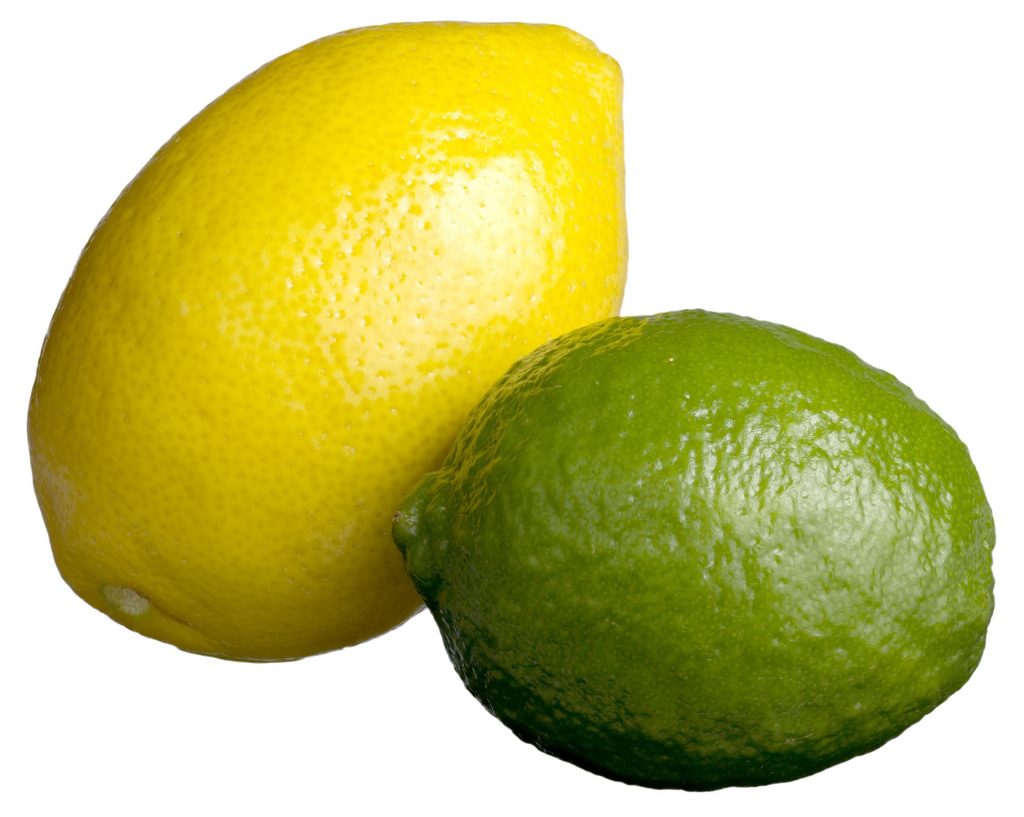LEMON/LIME PROMOTE EARLY RECOVERY FROM MALARIA
Lemon has been used historically to fight food poisoning, malaria, typhoid fever and scurvy. Although, lemons did not suffice as a cure, in combination with standard antimalarials, lemons promoted early recovery from malaria.
Researchers in a new study found that lemon decoction used together with artemisinin-based combination therapies (ACTs), the standard antimalarial, promotes rapid malaria parasite clearance and prevents treatment failure, Nigerian Tribune reports.
They had evaluated the parasite suppression and antimalarial effect of lemon decoction with artemether/lumefantrine under laboratory condition in 25 mice. All the mice had approximately the same level of malaria parasite in them. Artemether/lumefantrine is the first-line drugs for the treatment of uncomplicated malaria.
Now, nearly half of the world’s population is at risk of malaria and its severe cases result in death as a result of gross anaemia, if not treated in time.
The mice were divided into four groups, consisting of five mice per group. Each group received an oral dose of either a 5per cent carboxymethyl cellulose/placebo (negative infected control), lemon decoction alone or a combination of artemether/lumefantrine (A/LU) and lemon decoction and A/LU alone. The fifth group of mice consisted of uninfected mice as parasite-negative control.
For the study, the researchers in the 2020 edition of the journal, BMC Complementary Medicine and Therapies had determined their malaria clearance rate and packed cell volumes (PCV) over the period the test was carried out. Clearance of infected red blood cells is currently a useful marker of treatment success in malaria.
To make the lemon fruit concoction, three mature lemon fruits are cleaned to remove any dust they may contain. They are each cut into four pieces. The 12 lemon fruit pieces were put into one and a quarter litres of water and boiled for 12 minutes. The mixture is left to cool and the juice is separated from the solid material.
For the four days of treatment, the malaria parasite load was significantly lower for the A/LU group compared to both the infected negative group and the lemon fruit concoction group. But the malaria parasite load of the lemon fruit concoction group was also lower compared to the infected negative group.
Ninety-six (96) hours post-infection, all groups with standard treatment were completely cured. However, mice in the negative infected group started to die.
In this study, lemon decoction showed some antimalarial effect by suppressing malaria parasite growth by 39.5 per cent and maximum suppression of parasite growth was obtained after 72 hours of its use for treatment.
According to them, “This observed antimalarial activity may be due to the action of various biomolecules like phenolics and minerals in lemon fruit and peel.”
That the parasite-negative (control) group had a significantly higher PCV compared to the two groups, lemon fruit concoction group and negative infected control, they suggested may mean that the lemon decoction used alone did not protect mice from anaemia.
Also, a possible explanation of that phenomenon could be that use of lemons suppresses both fever and parasitemia in malaria-infected individuals.
The researchers said the low antimalarial activity seen may not only be due to poor extraction processes, but may be due to other factors such as lack of appropriate animal model.
They added, “As it has been reported in folk practices, the lemon juice decoction is not used alone; additives are often included, such a mix of lemons with honey lemons with sugarcane pieces, lemons with guava leaves, lemons with cinnamon and garlic.”
Further investigations, the researcher said, are needed to establish the usefulness of lemons to treat/supplement treatment in endemic malaria regions. Also, new research is needed on effective methods of preparing the lemon juice decoction, a proper dosage and combinations that can achieve a cure without ill side-effects to the users.
Previously, studies had shown that lime, just like lemon promoted rapid parasite clearance and prevented treatment failure. In 2011, preliminary studies in the journal, Randomized Controlled Trial Phytotherapy and Research showed that lime juice when used with the appropriate antimalarial enhance malaria parasite clearance especially in those with uncomplicated malaria.
The study involved 120 children with acute uncomplicated malaria at the children’s outpatient department of the Wesley Guild Hospital, Ilesa (a unit of Obafemi Awolowo University Teaching Hospitals’ Complex, Ile-Ife, Osun State, Nigeria).
The average time to achieve at least 75 per cent reduction in malaria parasite load was significantly lower in patients on ACT and lime. Also, while a significantly higher proportion of children on antimalarial drugs and lime juice achieved complete parasite clearance by 72 hours of treatment, 10 (18.2 per cent) patients without lime had early treatment failure. There were no side effects with the use of lime juice.

